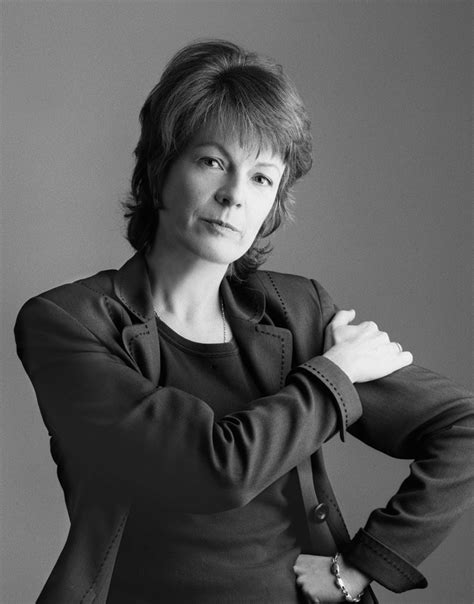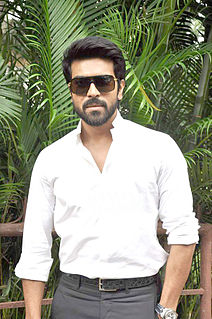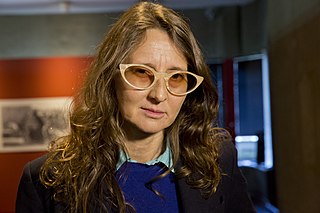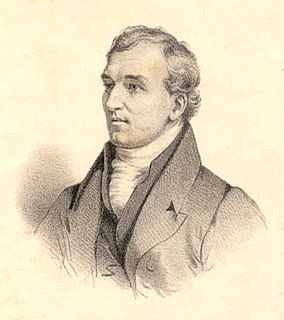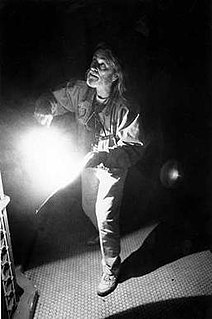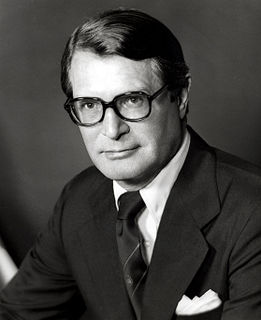A Quote by Karthik Subbaraj
For a cinematographer, every frame has to be important.
Quote Topics
Related Quotes
As important as it is to learn the techniques of cinematography, you also have to learn how to deal with the movie set, with show business. I came up with a cinematographer who is very talented, but she was never quite able to handle everything else you have to do - dealing with the producer and the crew and the time frame that you have to follow.
I'm the most experienced cinematographer in this medium, so there's no point in having that extra conversation in the middle of the loop. You're making the film in relation to what's happening now, and you can't really affect what's happening now. It's not like you're in control of anything in front of the camera. If you're calling yourself the director and you're not the cinematographer, I think you're kidding yourself.


